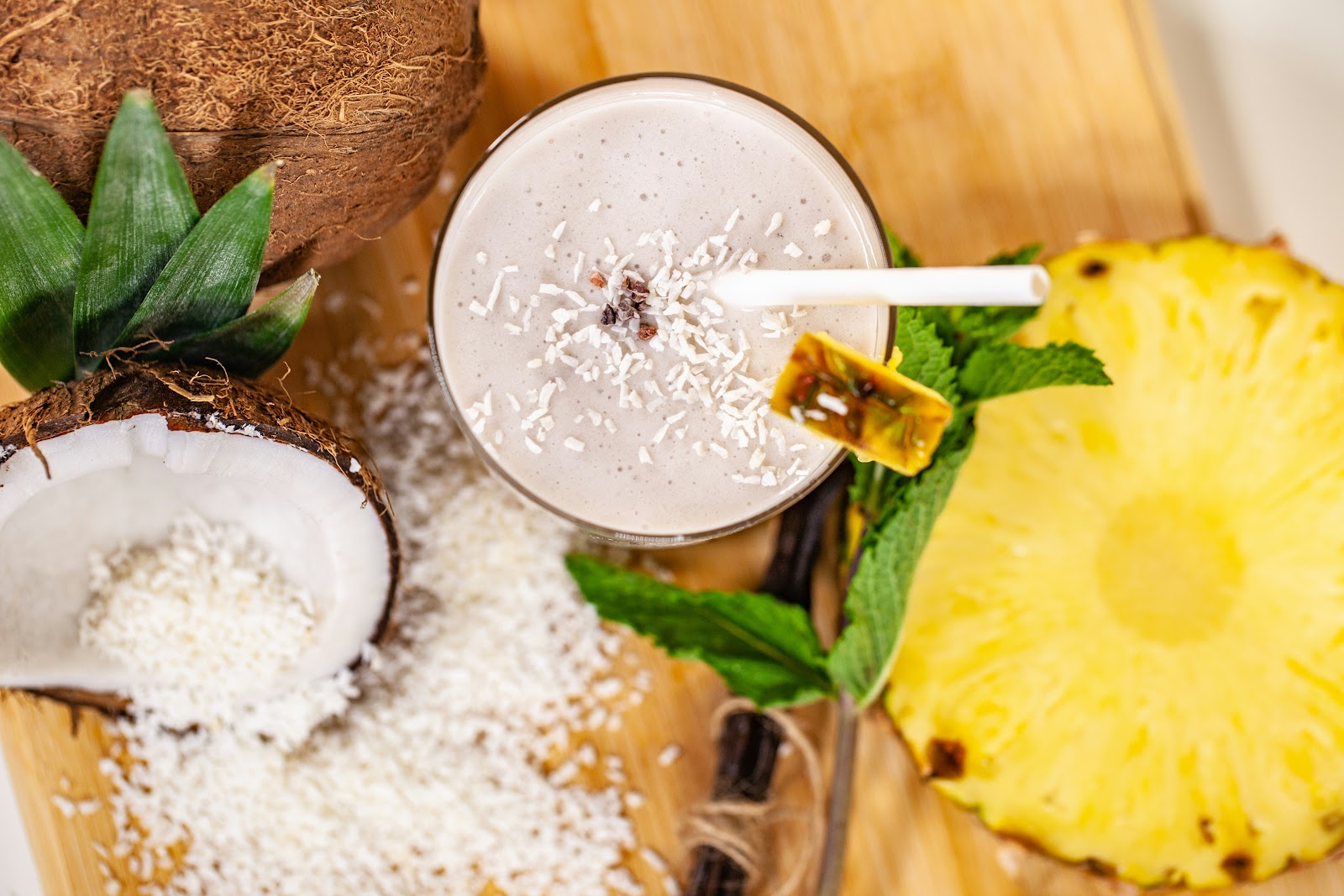Fueling Your Workouts: Essential Nutrition Tips for Optimal Performance
Welcome back to Fit for Life! We all know that
exercise is a critical component of a healthy lifestyle, but did you know that
what you eat can significantly impact your performance and results? Proper
nutrition not only fuels your workouts but also aids in recovery and overall
well-being. In this post, we’ll explore how to optimize your diet to support
your fitness goals and enhance your workout performance.
The Importance of Balanced
Nutrition
A well-rounded diet provides the
necessary nutrients to fuel your workouts and support recovery. A balanced diet
includes a mix of macronutrients (carbohydrates, proteins, and fats) and
micronutrients (vitamins and minerals) that work together to keep your body
functioning at its best.
Macronutrients:
- Carbohydrates:
Your primary source of energy, especially for high-intensity workouts. Opt
for whole grains, fruits, and vegetables.
- Proteins:
Essential for muscle repair and growth. Include lean meats, fish, eggs,
dairy, or plant-based sources like beans and lentils.
- Fats:
Important for long-term energy and overall health. Choose healthy fats
from avocados, nuts, seeds, and olive oil.
Pre-Workout Nutrition
What you eat before your workout can
affect your performance and energy levels. Aim to have a meal or snack that’s
rich in carbohydrates and moderate in protein about 1-2 hours before
exercising.
Examples:
- A banana with a small amount of almond butter.
- Greek yogurt with berries and a drizzle of honey.
- A whole-grain sandwich with turkey and avocado.
Post-Workout Recovery
After a workout, your body needs to
replenish glycogen stores and repair muscle tissue. Focus on consuming a meal
or snack with a mix of carbohydrates and protein within 30-60 minutes of
finishing your exercise.
Examples:
- A protein shake with a piece of fruit.
- Quinoa salad with grilled chicken and mixed vegetables.
- A smoothie made with spinach, protein powder, and a
handful of berries.
Hydration Matters
Staying hydrated is crucial for
optimal performance and recovery. Water is generally sufficient for most workouts,
but if you’re exercising intensely for over an hour, consider an
electrolyte-rich drink to replace lost minerals.
Hydration Tips:
- Drink water throughout the day, not just during
workouts.
- For prolonged or intense exercise, use sports drinks or
coconut water to replenish electrolytes.
- Pay attention to signs of dehydration such as dark
urine or dizziness.
Incorporate Micronutrients
Vitamins and minerals play essential
roles in energy production, muscle contraction, and overall health. Ensure
you’re getting a variety of micronutrients through a diverse diet rich in
fruits, vegetables, and whole foods.
Key Micronutrients:
- Vitamin C:
Supports immune function and helps with tissue repair (found in citrus
fruits, bell peppers).
- Calcium:
Important for bone health and muscle function (found in dairy products,
leafy greens).
- Iron:
Essential for oxygen transport in the blood (found in red meat, beans,
spinach).
Listen to Your Body
Everyone’s nutritional needs are
unique, so it’s important to pay attention to how different foods affect your
performance and recovery. Adjust your diet based on your energy levels, workout
intensity, and personal preferences.
Tips:
- Keep a food and exercise journal to track how different
foods impact your workouts.
- Experiment with meal timing and composition to find
what works best for you.
Fueling your workouts with the right
nutrition can make a significant difference in your performance and overall
results. By focusing on balanced meals, proper pre- and post-workout nutrition,
and staying hydrated, you’ll be well on your way to achieving your fitness
goals. Remember, good nutrition is a key partner in your fitness journey,
helping you stay energized and recover faster.
Thanks for reading, and stay tuned
for more tips on how to live a fit and healthy life!
Feel free to adjust the content to
better fit your voice or add any additional insights. Happy writing!





Comments
Post a Comment